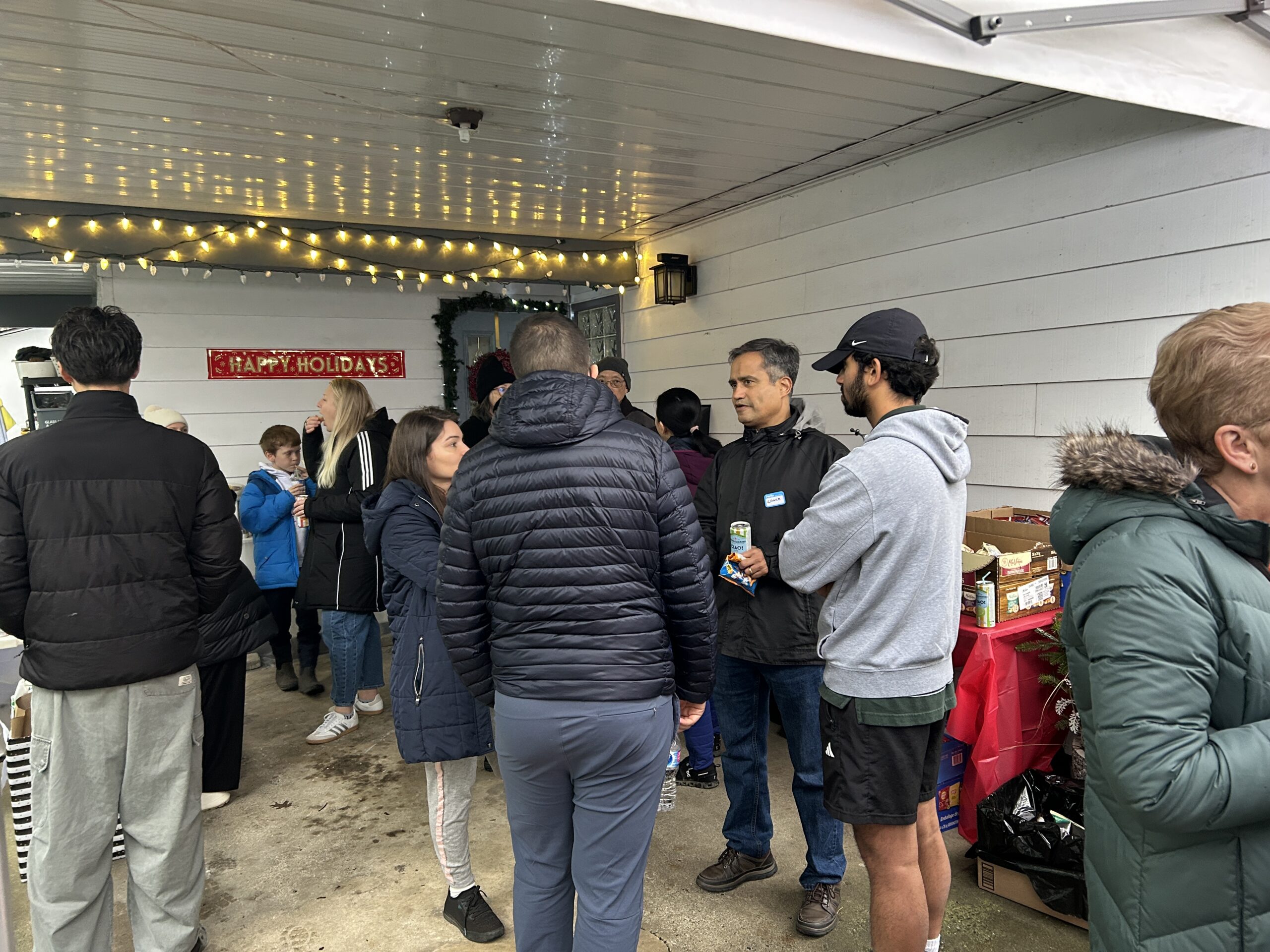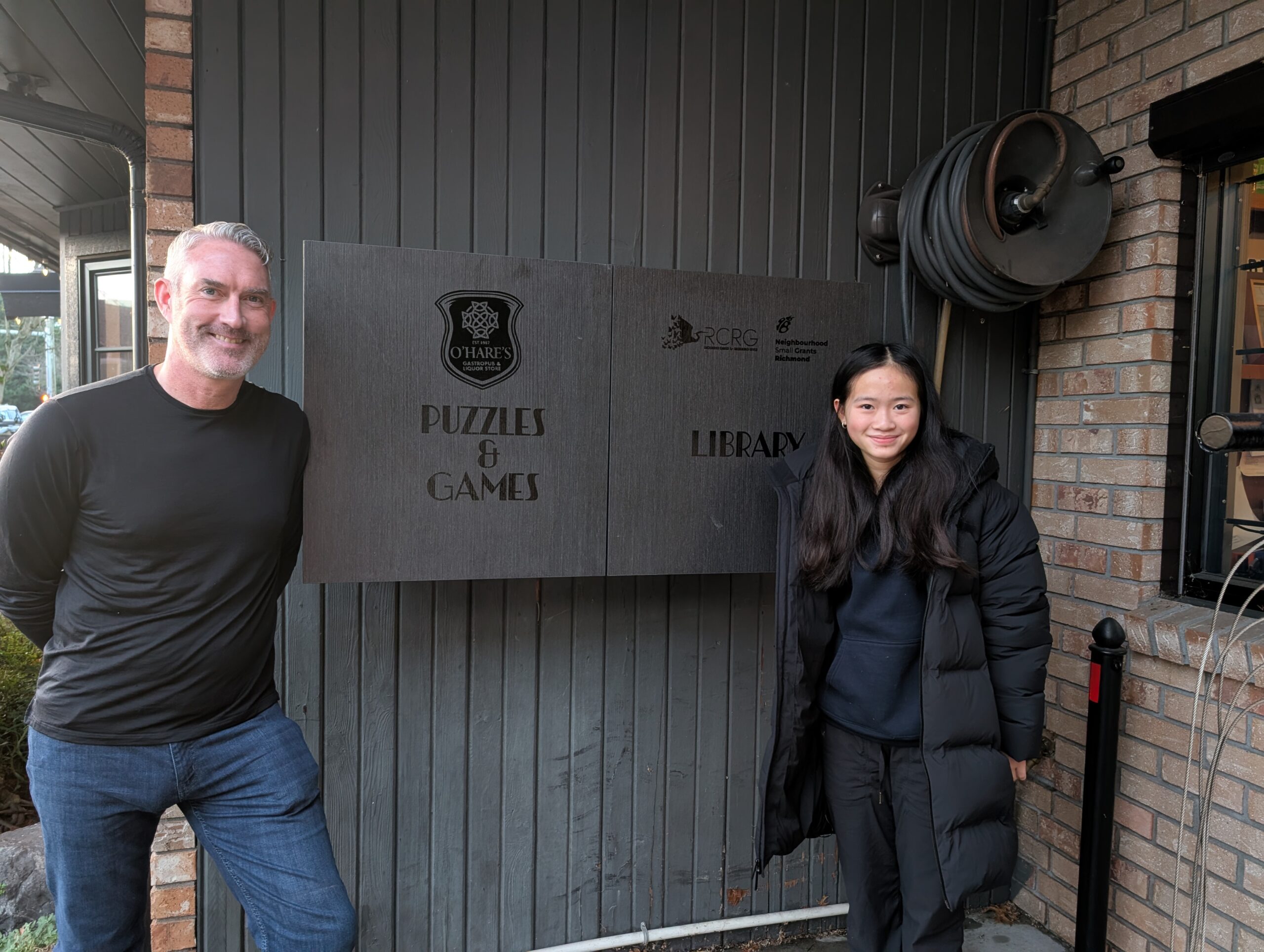The Cool Care Richmond Heat Relief Station is a project under the Lighter Living NSG. Inspired by other community pop-up cooling stations that have occurred in other cities, the purpose of Cool Care is to be a pop-up station that gives out care packages for heat protection while creating awareness on extreme heat events. The goal is to find ways to start climate conversations while showing care for one another and cultivating connections.
The first challenge to overcome was building social connections. I had formed connections with community and neighbours through volunteering before, but this did not mean I had held deeper conversations to understand the lived experiences of dealing with extreme heat events. I sought out people with more experience working with the community who provided advice or contributed in other ways.
The concern of seniors being one of the groups most vulnerable to extreme heat events was highlighted, and thus the decision to set Cool Care in the Minoru Seniors Centre was made. The station was scheduled to be on the Wednesday in June and July that the Seniors Centre held their seniors wellness clinic. Discussions were held on how to keep the pop-up station open and accessible, but also respectful to the clinic space that was for serving seniors. It required some logistical coordination.
At around the same time I was exploring for a location, I was looking for more resources to put together care packages for the station. The care packages all contain sunscreen and cooling towels, with the third item being a mini thermometer or assorted personal care products. The more support I can receive, the more care packages I can put together. I was fortunate enough to receive support from the UBC Centre for Engaged Learning, the Richmond Poverty Reduction Coalition, and the Bargains Group. I am also grateful for others who have expressed an openness to give support had I selected another location.
During both days that Cool Care was up, some fruits and refreshments were provided. A good number of seniors visited the station and many stayed a while to chat or share stories about their experiences dealing with extreme heat events. Combining both days, Cool Care managed to give out 140 care packages and held many climate conversations with an estimated 35 to 55 community members – many of them seniors. This experience has shown me that community-led projects tackling extreme weather events can complement existing programs that the city or other organizations are providing, and it can be done in creative and fun ways as a way to cultivate connections and strengthen community.

